J-WEL, a Laboratory for Education (09.10.17 – 12.10.17)
Abdul Latif Jameel-World Education Lab (J-WEL) has been setup at the Massachusetts Institute of Technology (MIT) to spark ‘a global renaissance in education for all learners’. J-WEL leverages MIT resources through research, policy, pedagogy and practice by engaging a worldwide community of collaborators.
The inaugural J-WEL week was organized during Oct 9th – 12th, October 2017 at MIT. In this blog post, CLIx TISS team members Sadaqat Mulla and Saurav Mohanty share their experiences from the pK-12 strand of the J-WEL week.
The inaugural week of J-WEL commenced on a lovely autumn day at MIT’s McGovern Brain Institute. By 9am, the auditorium was packed with participants from 28 countries.
The J-WEL organisers had roped in MIT’s celebrated professors such as Eric Grimson, Woodie Flowers, John Gabrieli and Robert Langer. The presenters walked us through how MIT works, success stories and the essence of MIT-ish education.
The speakers also dwelton how rapid developments in technology are changing the dynamics of human society. How uber-isation of services, automation and artificial intelligence (AI) are presenting new opportunities as well as posing new challenges. To face these challenges, and to create new possibilities, the presenters stressed the urgent need to go beyond the traditional ways and means of imparting education and the necessity of crossing disciplinary boundaries of STEM and STEAM.
Apart from common sessions the participants were grouped into pK-12, Higher Education and Workplace learning strands of J-WEL initiative. For the next two days, various aspects of MIT’s pK-12 education initiatives were introduced from Scratch to Social Machines to Teaching Systems Lab. Mitch Resnick, Hal Abelson, Deb Roy, Justin Reich and many others presented and showcased their work in educational innovation.
Two propositions
According to Mitch Resnick, the greatest invention in the last thousand years is the kindergarten! This is because kindergarten changed the way people perceive what education is.
If we listen to Woodie Flowers, education should aim to develop gracious professionals. This gracious professionalism, Woodie argued, can be fostered by developing creative critical thinking and aligning our aspirations with the laws of the universe.
Interestingly, MIT, being a technology research university, doesn’t have a school of Education.However, quite a few centres and labs at MIT are engaged in Educational research and are making remarkable contributions in Education.
During the event, there were opportunities to network and share with participants from across the globe. CLIx received substantial attention due to its massive scale. Delegates were amazed and keen to understand how such a large-scale intervention is being implemented; how it is being received by teachers, students and governing bodies; and what impact it is creating on the ground. We realised that CLIx has enormous potential to contribute to the understanding of large-scale educational interventions. It is the responsibility of all CLIxians to share and disseminate our rich learnings.
On the sidelines of the J-WEL programme, we also interacted with many of the CLIx MIT team members and had fruitful discussions. On the final day of the programme, Vijay Kumar (executive director J-WEL) and Sanjay Sarma (VP Open Learning, MIT), briefed us onJ-WEL Week 2, which will be crucial in taking forward the initiative. Overall, while the sessions were mostly engaging, participants would have benefited from more streamlined and participatory sessions. With lots of learning, sharing and networking as well as numerous questions, we bid adieu to Cambridge–Boston and returned to India.
(Sadaqat Mulla, Project Manager (Educational Technology), Technology Team; and Saurav Mohanty, Field Action Research Fellow, CEI&AR Implementation Team, CLIx)


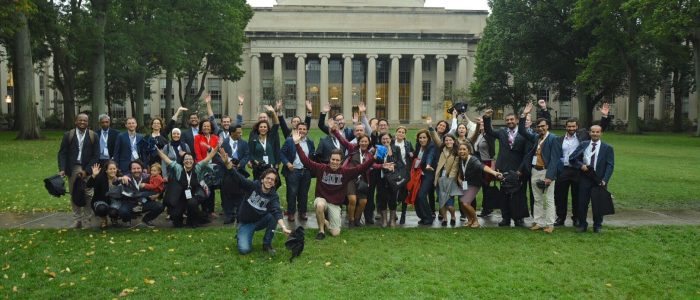
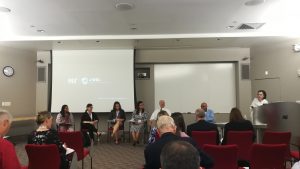
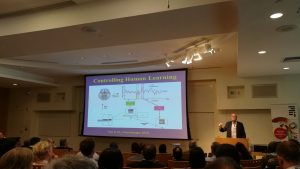
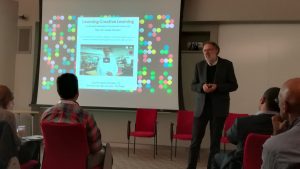
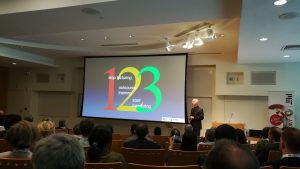
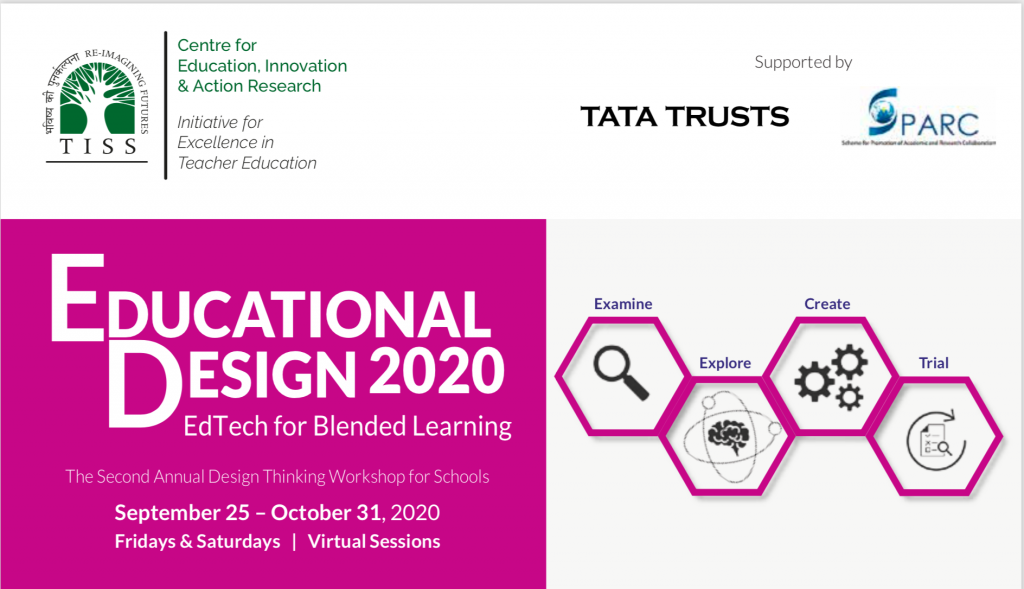
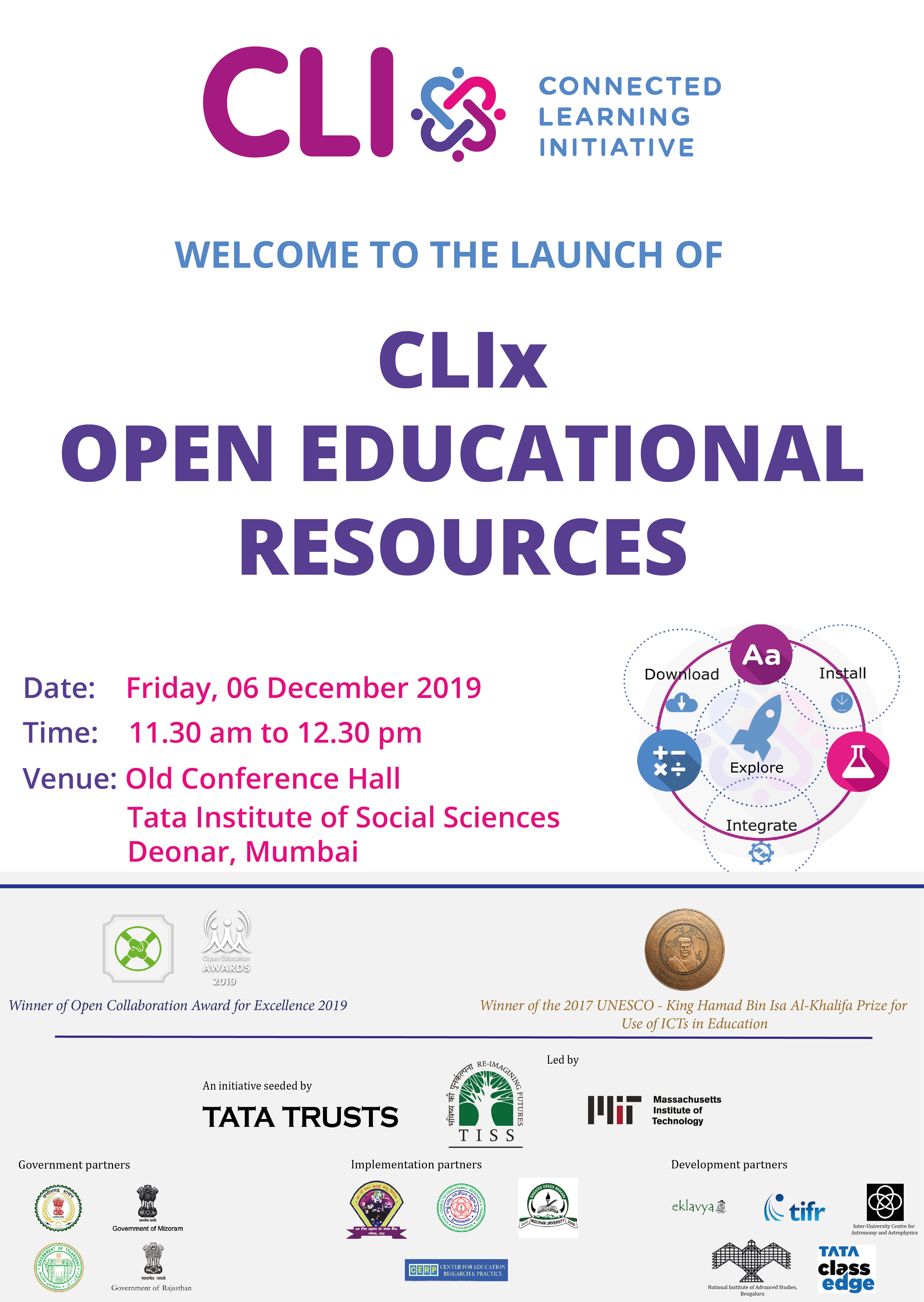
A great read! Thanks for sharing Sada and Saurav.